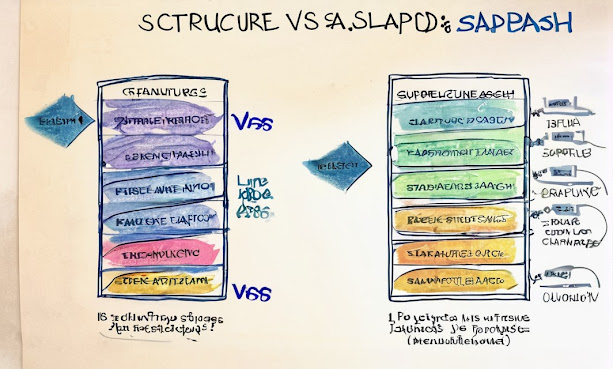Structure Versus Slapdash

An author friend messaged me earlier this week. Apparently he’d been lying awake at night thinking about my advice. I recently tried to convince him that planning his novel was a good way to get him out of a block. He’d contacted me to say he wasn’t sure that planning stories worked for him, actually for any writer. He thought perhaps “making stuff up as you went along” was better. Hmm… Indeed, he went further, suggesting that if a writer did something right, like accidentally write a good book, then they were likely to be more surprised than anyone. Clearly he’d been obsessing far too much over this whole issue. In the end he let me know he was of the opinion that most writers really didn’t know what they were doing and that if they did by chance create something wonderful, it was a probably a total fluke. To be honest I think this attitude is pretty dumb. Sad actually. And wrong. My experience tells me it’s clear many authors know exactly what they’re doing from start t...

